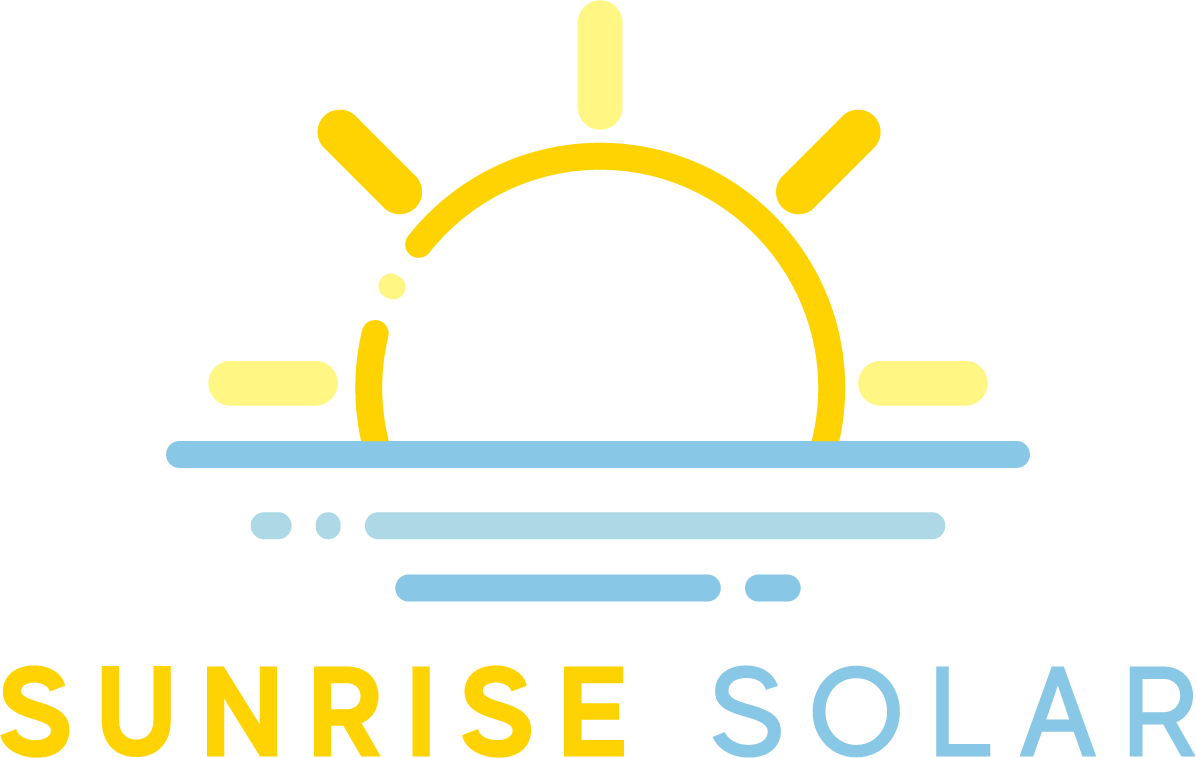
What’s Next?
Right now, our engineering team is creating a detailed savings report for your home based on the information you provided during your first call. When it's ready, your experienced energy consultant will review it with you to answer any questions you may have!

-
No, solar is not free. However, when you switch your payments from your electric company to solar, you typically do not incur any additional expense to invest in solar. This means the money you would have spent on electricity is redirected toward owning a cleaner, more sustainable energy source that is free from utility rate increases.
-
Solar systems are custom designed for each home, so the cost varies based on your electricity usage and the amount of roof space available for panels. The size of the system needed to meet your energy needs directly impacts the overall price. Additionally, roof orientation and shading can affect the number of panels that can be installed, influencing the cost. Our team will provide you with a custom quote for your home’s specific needs.
-
By directing the money you would have spent on your electric bill toward investing in solar energy, you protect yourself from future rate increases imposed by the electric company. Solar panels provide a fixed energy cost by generating electricity from the sun, allowing you to stabilize or reduce your monthly energy expenses over the long term.
-
In Arkansas, solar systems require battery storage due to utility buyback rules that may limit the compensation for excess energy fed back into the grid. These regulations can make it less economically viable for homeowners and businesses to rely solely on grid connectivity, thus encouraging the installation of batteries to store energy for later use. This setup not only enhances energy independence but also helps users manage their energy consumption more effectively, especially during peak demand times.
In contrast, Oklahoma and Missouri have different regulatory environments that do not impose the same buyback restrictions. As a result, solar system owners in these states can benefit from more favorable terms when selling excess energy back to the grid. This allows for a greater reliance on grid support without the immediate need for battery systems, making solar investments potentially more straightforward and cost-effective in these areas.

